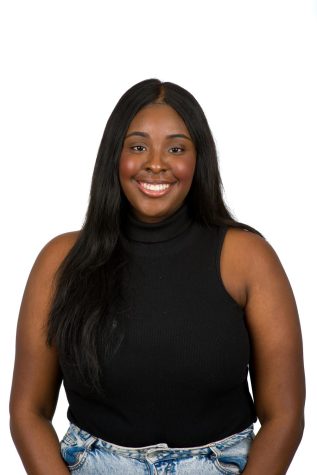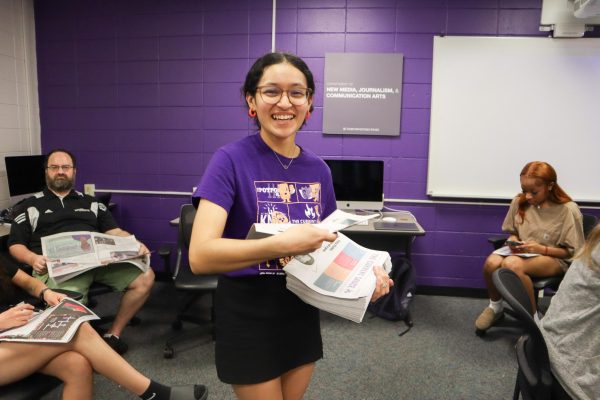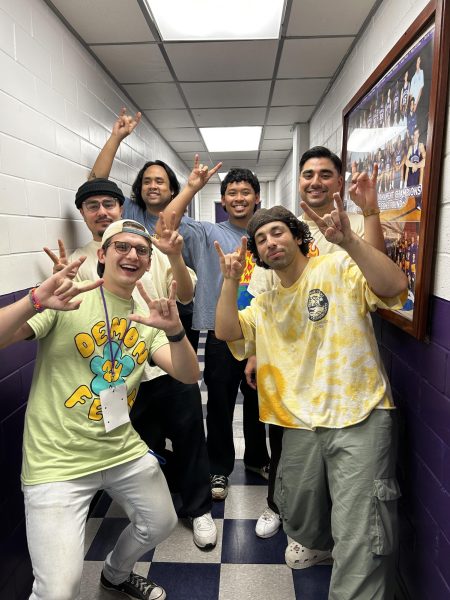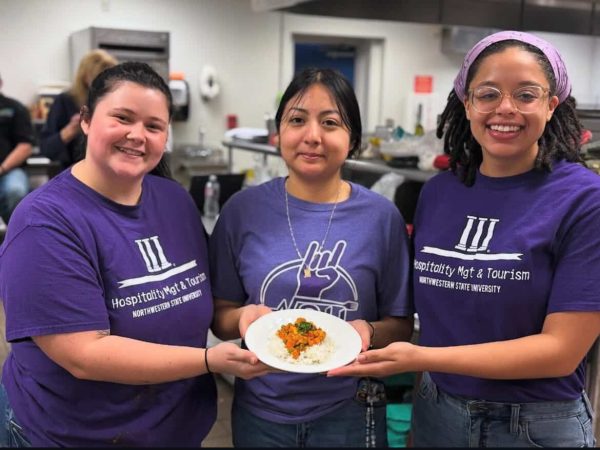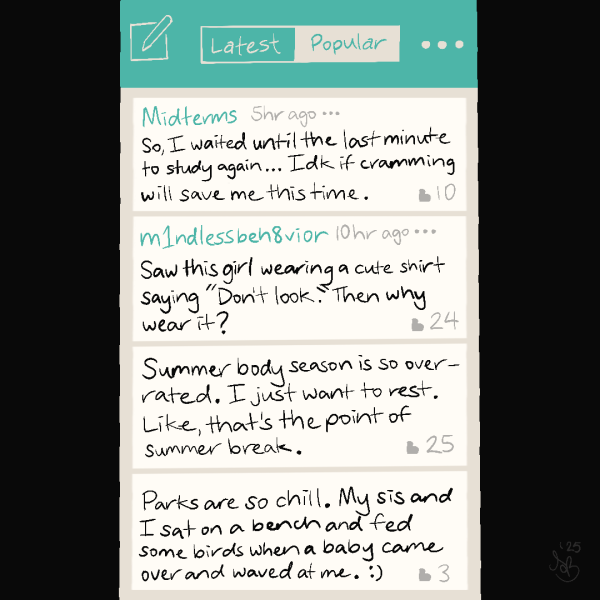Is pre-graduation depression a thing?
“Square academic cap (graduation hats)” by AKS.9955 is licensed under CC BY-SA 4.0.
I cannot say that my future is figured out because it is not. I do not know what my future lies, and I am slowly becoming okay with that. I have heard a lot about post-graduation depression, but not the depression that comes before graduating.
I have always anticipated my college graduation. As a first-generation college student, my main goal was to graduate within four years. My parents did not have the opportunity to receive higher education. They worked hard to ensure that I had the chance to go to college. During my freshman year, I knew that I was not only getting the degree for me but for my parents too.
Returning to campus for the fall semester of my senior year was extremely hard for me. Although I had proven to my family, and myself, that I was capable of succeeding, I had self-doubts. I quickly found myself in a deep depression. I had no desire to complete homework assignments and engage in social events. There were many weeks when I did not attend class. I kept myself isolated in my dorm, and rarely left. It became serious to the point where I had to start therapy.
At the time, no one understood what was happening. I had always been on the Dean’s list, and I never had an issue with college academically. My family did see the problem. They did not understand the stress I held about my future. In their eyes receiving a degree equaled a promising future. Suddenly my degree did not bring me assurance about my future. I came across stories of people calling their degree useless, or not being able to find a job in their desired field.
Around that time, I had an unhealthy obsession with the networking website, LinkedIn. I would scroll and search for copywriting jobs. The majority of the jobs required an absurd amount of experience and were outside of my living range. It became overwhelming to come across a job I was insured in, only to see that I did not have what they were looking for. I let the job description scare me away from applying to jobs. The one time I pushed past my anxiety, I never received a follow-up from the company.
After the company ignored me, my doubts increased. I questioned my abilities as a writer. My willingness to write grew weak. It began to feel like a chore, rather than a passion. I experienced imposter syndrome. The creative work I produced during that time did not feel like me. I could not write a paragraph without editing and deleting a sentence.
By the end of the fall semester, I was happy to be home and away from campus. I was surrounded by family, and the stress was gone. I knew that the feeling would only be temporary. I could not avoid my future for longer.
Starting the spring semester, I felt a bit of hope. I only had 16 weeks of college left. With the help of my therapist, I learned ways to cope with my anxiety and depression. My therapist shifted my focus back to the positive aspects of graduating college. She acknowledged my fears, without giving them power. Throughout our sessions, I would learn that I could do the same.
My graduation is in less than 50 days.
I cannot say that my future is figured out because it is not. I do not know what my future lies, and I am slowly becoming okay with that. I have heard a lot about post-graduation depression, but not the depression that comes before graduating. The two are similar, yet different. I did not expect to experience pre-graduation depression. I thought the last two semesters would be a breeze, and that graduating would keep me sane. I realized that they were many steps ahead of me before the celebrations would begin.






















